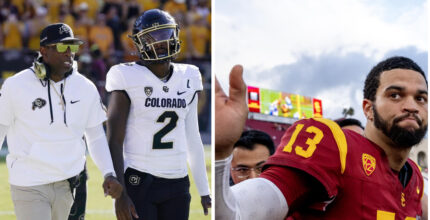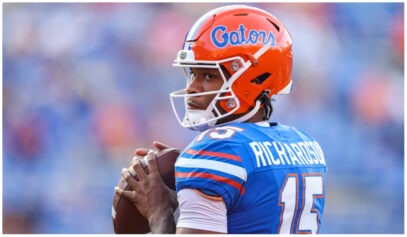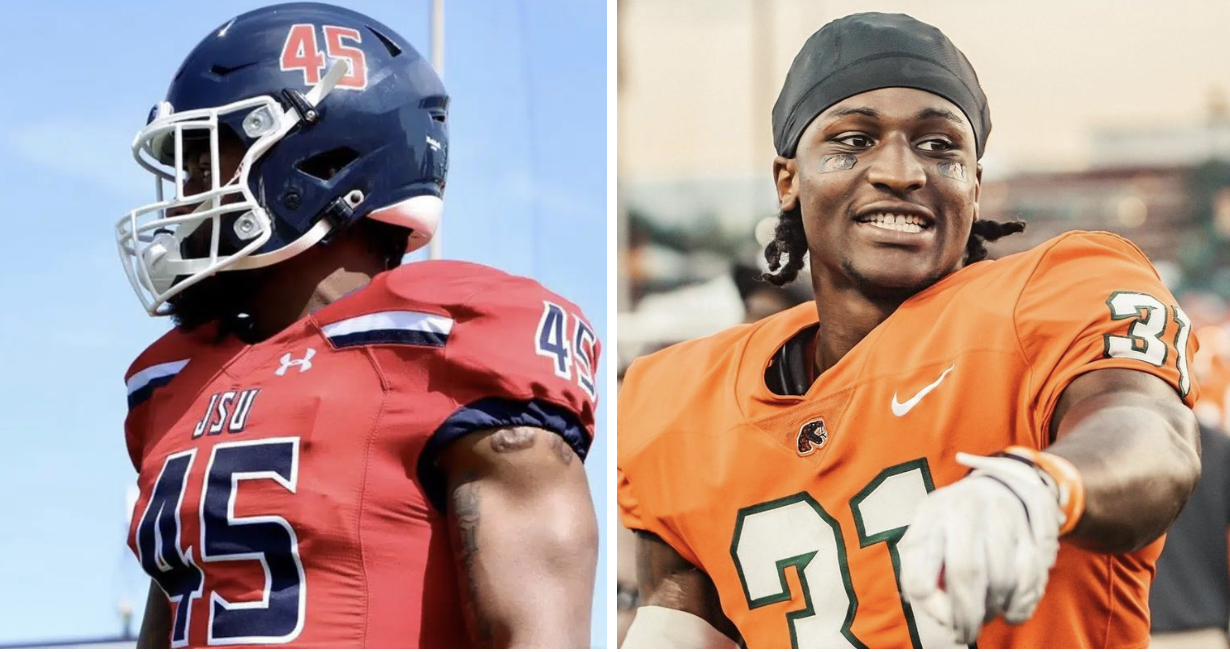There has long been resentment in the HBCU community when athletes transfer to black colleges as a back-up plan, after adversity strikes at predominantly white Division I programs.
It’s nothing against the athletes looking for an opportunity to redeem themselves, rather the perception it puts on the black institutions, as the ones who are willing to take in the misfits that didn’t consider an HBCU in their initial recruiting process.
Isaiah Crowell is the latest high profile athlete to fall under this consideration, following his 2012 double-felony and misdemeanor arrest that led to his dismissal from the University of Georgia. Charges against Crowell have since been dropped.
This happens with FCS programs in general. McNeese State was the rumored destination for Tyrann Mathieu when he was dismissed from the LSU squad last season.
Alabama State is no stranger to transfers with checkered pasts. Second year Ravens linebacker Nigel Carr joined the Hornets after Florida State kicked him off the team for felony burglary charges.
Carr is one of the success stories in this situation, because he quietly went about his business in those two seasons at ASU and it led to an undrafted free agent deal with the Ravens.
But for every guy transferring to HBCUs to escape from trouble, there’s a Samuel Gibson who just wants to see the field. A lot of times, players go to the big schools with big dreams and then realize signing a letter of intent is just half the hustle.
Gibson played safety at LSU, but now he’s trying to compete for the starting quarterback spot at Alabama State.
The college football lightweights value what the FBS level talents can bring to their programs, even though some FCS head coaches argue that there isn’t as big a drop off between the two tiers as the public might think (that’s just a pep talk for their players).
Crowell turned his second chance opportunity at Alabama State into 842 rushing yards and 15 touchdowns in the 2012 season, which was similar to his impressive freshman campaign with the Dawgs.
The talk around Alabama State is that Crowell is in better shape to start this season and more comfortable with the role he has on the team. He could be a real beast this year if he remains focused, and could possibly help the Hornets rise from SWAC champions to serious FCS contenders with the Georgia Southerns, Sam Houston and North Dakota States of the world.
That is essentially what makes it worth the risk for HBCUs, compromising their dignity to serve as home to players who would otherwise be doing bigger things, while the small-time black colleges try to keep their heads above water.
HBCUs are struggling to remain viable as FCS afterthoughts. They aren’t even sending players to the NFL the way they used to.
Every year since 2000, there have been less than 10 players drafted into the league. Before that, the dip from 1994 to 2000 was 17 to 13.
Crowell is clearly one of those guys who has a future in the NFL if he plays his cards right. Just as Alabama State coach Reggie Barlow concluded, it was obvious toward the end of last season why Crowell was such a valued commodity for the program. He’s explosive, elusive, has great vision and at 220 pounds, he can take the kind of hits necessary at that position.
HBCU supporters might resent being considered the rehabilitation center for FBS rejects, but these guys still don’t escape the exploitation that stems from the larger programs, since we know black colleges and FCS programs rely on the fat checks they get for taking a beating from the FBS squads.
Face it. Everyone’s running game, not just Crowell.



